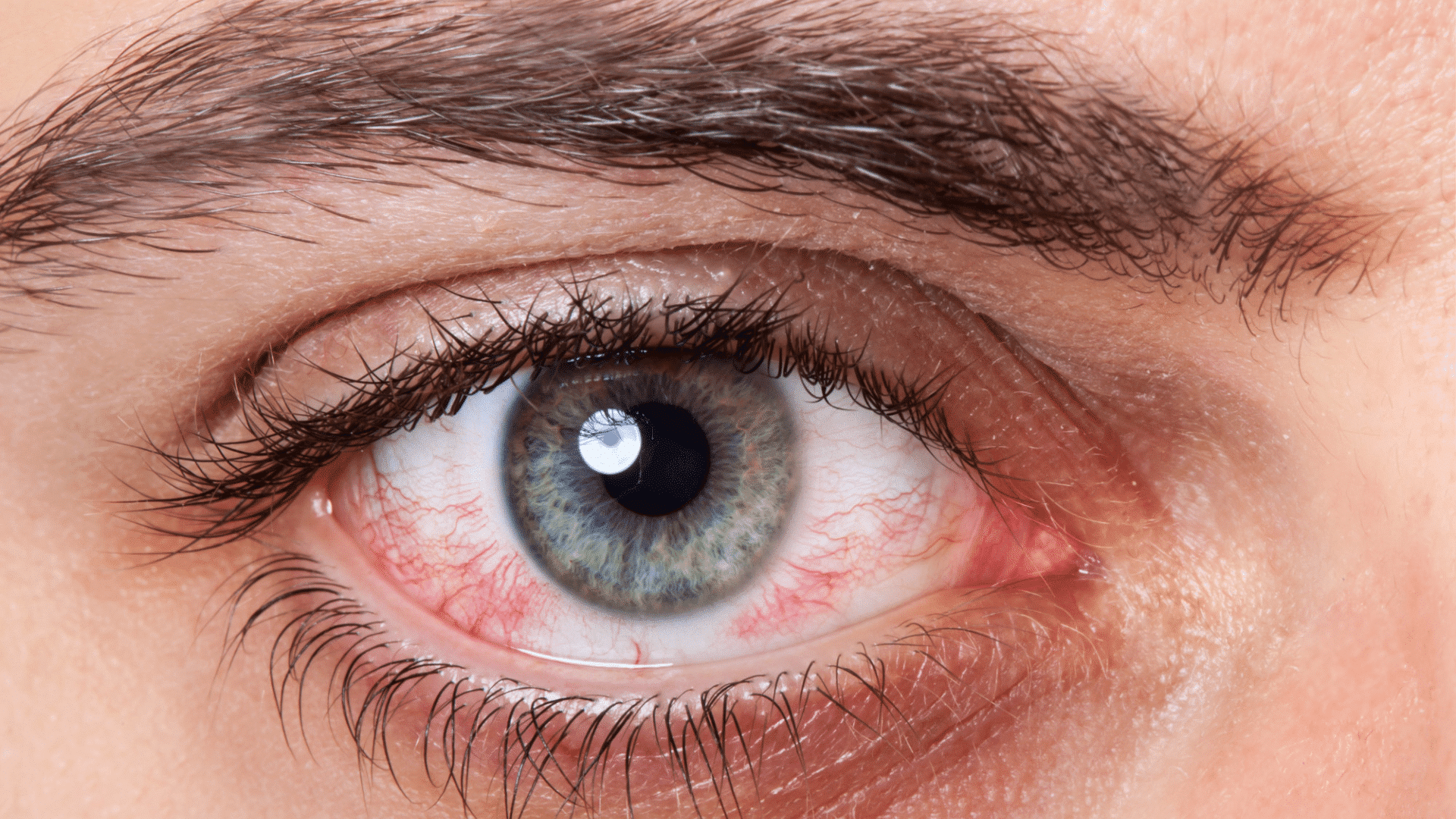
Gougerot-Sjögren syndrome is an autoimmune disease that primarily affects the exocrine glands, leading to dryness of the mucous membranes, particularly the mouth and eyes. Symptoms vary depending on the severity of the illness, but can include fatigue, joint and muscle pain, and neurological problems. Conventional treatment focuses on relieving symptoms and managing potential complications. Cannabidiol (CBD), a non-psychoactive component of cannabis, has recently gained increasing interest as a natural alternative to help manage the symptoms of Sjögren's syndrome.
- Properties of CBD
CBD is one of several cannabinoids found in the cannabis plant. It has demonstrated anti-inflammatory, analgesic and immunomodulatory properties, making it a potential candidate for the treatment of symptoms of Gougerot-Sjögren syndrome. CBD does not have a psychoactive effect, meaning it does not cause intoxication or dependence.
- Relief from dry mucous membranes
CBD can help relieve dry mucous membranes thanks to its anti-inflammatory properties. By reducing inflammation of the exocrine glands, it can improve their function and increase saliva and tear production.
- Pain management
CBD has analgesic properties that may help relieve pain associated with Sjögren's syndrome. By interacting with receptors in the endocannabinoid system, it can help modulate the pain response and reduce the sensation of pain.
- Improved sleep quality
Fatigue is a common symptom in patients with Sjögren's syndrome. CBD may improve sleep quality by reducing anxiety and promoting a state of relaxation.
- Precautions and Considerations
Although studies on the effectiveness of CBD for the treatment of Sjögren's syndrome are still limited, early research is promising. It is important to consult a doctor before starting to use CBD to manage Sjogren's syndrome symptoms, as it can interact with other medications and cause side effects.
Cannabidiol (CBD) is a promising natural option to help manage the symptoms of Sjögren's syndrome. Thanks to its anti-inflammatory, analgesic and immunomodulatory properties, it can offer relief to patients suffering from this autoimmune disease. However, it is important to emphasize that further research is needed to better understand the effectiveness of CBD in the treatment of Sjögren's syndrome and to establish appropriate dosing protocols.
- Current research and future prospects
Ongoing and future studies on the use of CBD for the treatment of Sjögren's syndrome should focus on CBD's mechanisms of action, optimal doses, modes of administration, and long-term safety. Additionally, future research could include randomized, controlled clinical trials to provide solid evidence on the effectiveness of CBD for patients with this disease.
- Recommendations for patients and healthcare professionals
Patients with Sjögren's syndrome who are considering using CBD should consult their doctor to discuss the potential benefits, side effects, and drug interactions. Healthcare professionals should also stay up to date with the latest research on CBD and be prepared to discuss treatment options with their patients.
In summary, cannabidiol (CBD) is a potentially promising treatment option for patients with Sjögren's syndrome. Early research indicates that CBD may help relieve symptoms such as dry mucous membranes, pain, and fatigue. However, further research is needed to confirm these findings and determine optimal treatment protocols. Patients interested in using CBD should consult their doctor to discuss how best to incorporate this treatment into their disease management plan.


















